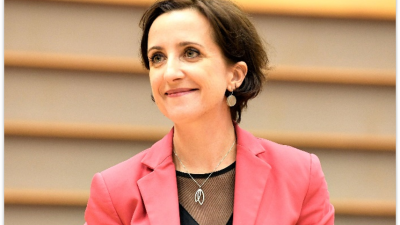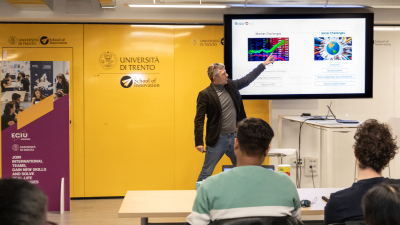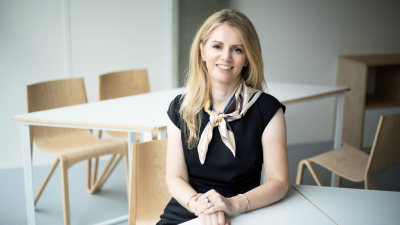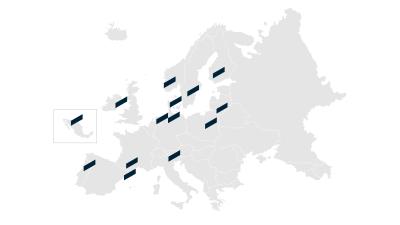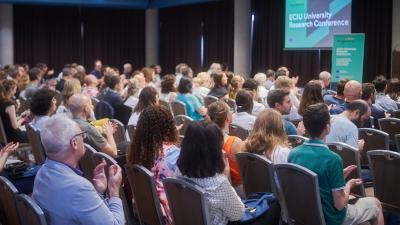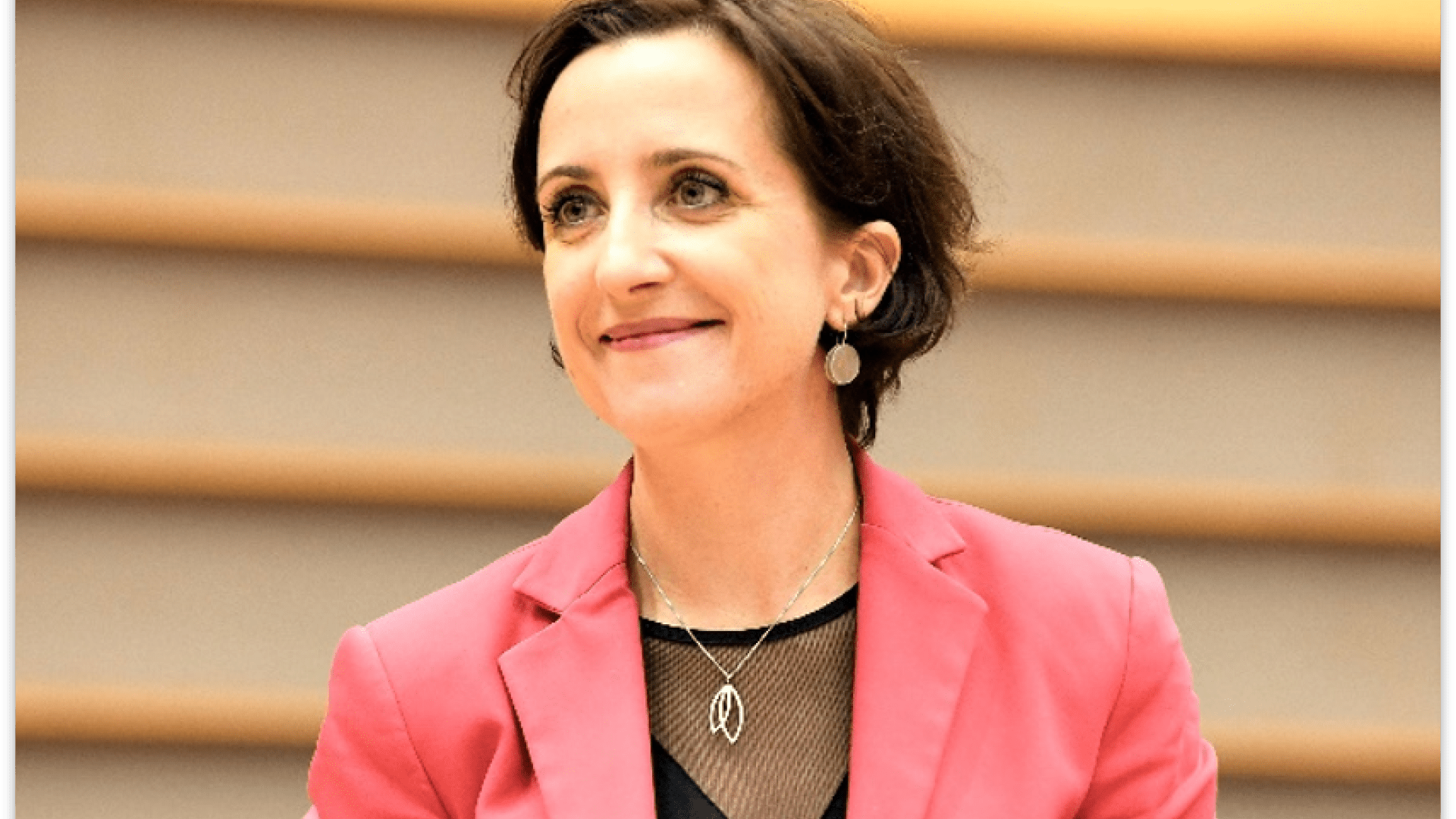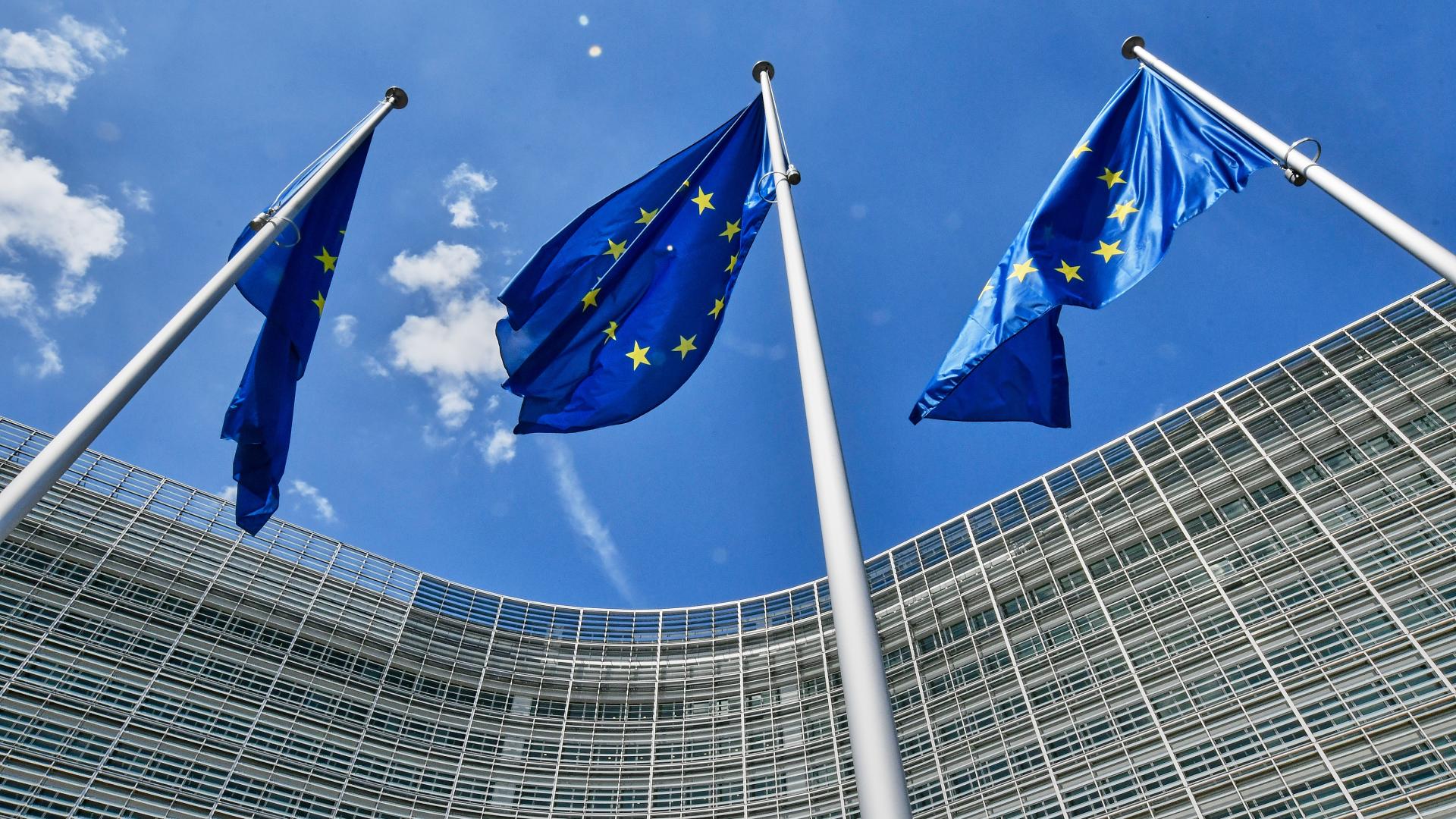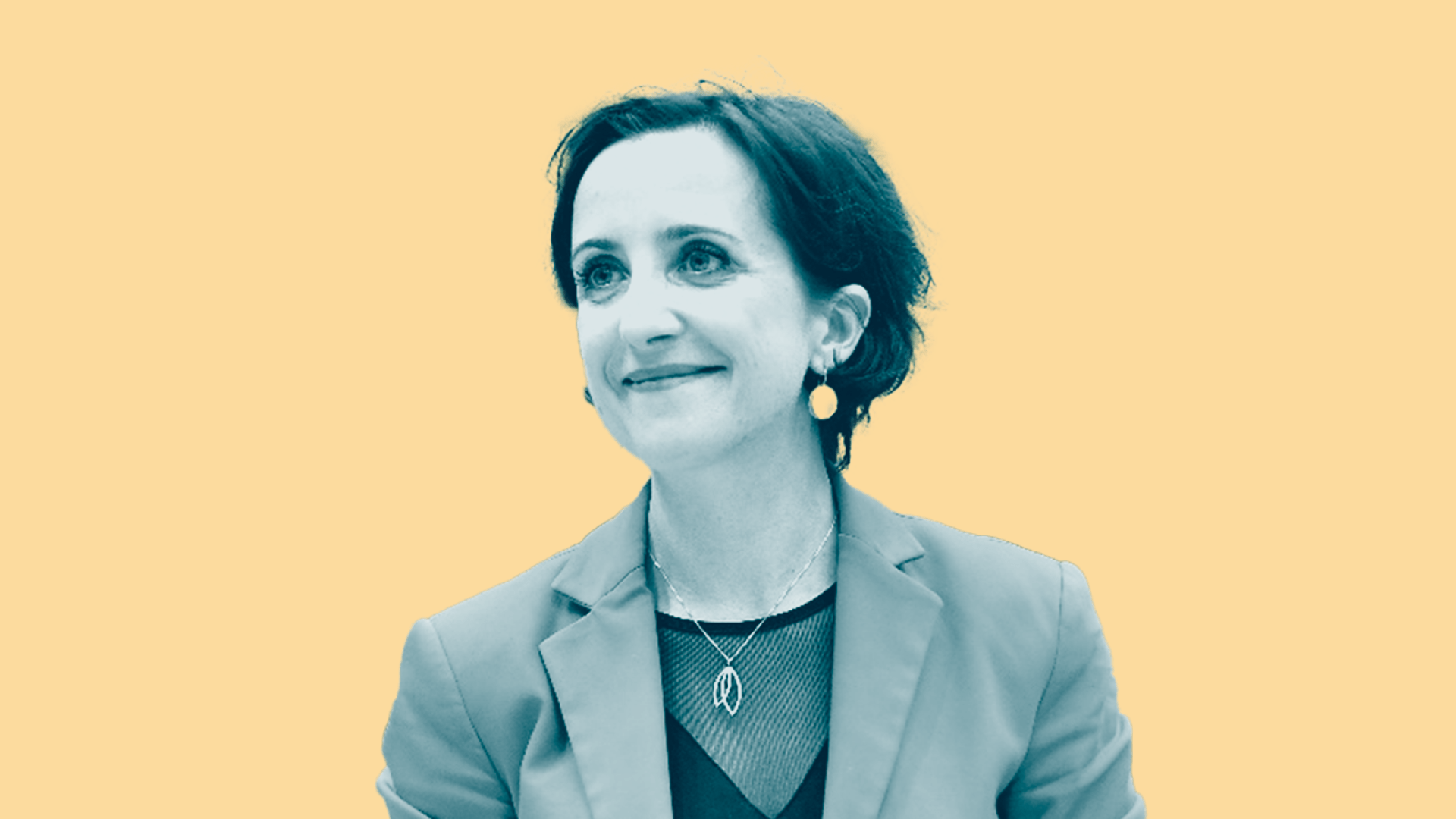What is the impact of ECIU University on Brussels?
‘We appreciate that the alliance is sharing their experiences, because this is helpful for all higher education institutes. The alliances are pioneers, but they serve the entire higher education sector. We see that is what ECIU tries to do and that is very welcome.
The Commission has formed the main guidelines for higher education, involving three key areas of focus: European Universities Alliances, the European Degree, and upscaling and rescaling. We have released the European Degree Package, in which we have presented a pathway to facilitate development of more joint European programmes. We are happy that ECIU has tested the European criteria needed for a joint degree. They have learnt a lot through micro-credentials, and we appreciate their experience.’
What steps should it take in order to keep pioneering?
‘My advice moving forward is that ECIU University needs to mainstream its practices. Furthermore, they need to communicate, communicate and then communicate. People need to become aware of the opportunities and benefits of ECIU University.
We also need to valorise and recognise the work of staff involved in ECIU University and other similar alliances. Of course, we need people to do research, but we also need staff to work on European alliances. To make European Universities alliances a success, you need to combine top-down and bottom-up approaches. You need to have a strong vision and strategy from the top leadership – and ECIU has the 2030 Vision, which is very important -, but you also need all academic and support staff to work together and to see the benefits of working together.
I hope ECIU University will continue its good collaboration with the Commission because they really feed us valuable input. Lastly, all alliances and their members should reach out to their ministries and convince them of the benefits of these European alliances. The entire higher education sector needs to be mobilized and work on this together.’
Why is it important to have initiatives such as ECIU University and to invest in European Universities?
‘We are convinced that that such a close collaboration will increase the competitiveness and attractiveness of these universities. We already see how much interest they trigger outside Europe because the students and staff can benefit not only from one university but the entire alliance.
And I must say, every time I talk to students or staff who have experienced benefits of a European Universities alliance, they all have stars in their eyes. They say it has brought more than they could have envisioned. We only hear positive experiences, but of course, we know that not everything is rosy. The alliances encounter many challenges every day, and our role as the Commission is to support them. We learn from them, and we adopt the right strategy, such as the newly developed EU framework for micro-credentials.’
What is your wish for the future of ECIU University and other European Universities?
‘We are very happy to see so many European Universities alliances bringing all parts of Europe together. This is how you can confront ideas and develop new insights by incorporating different cultures, different countries, expertise and perspectives. Although Europe is not quite ready for the European University alliances and joint European degrees, we strongly believe that this is the way forward. About thirty-five years ago, ERASMUS programme received a lot of opposition as well, but the higher education institutions mobilised and convinced their governments of the importance. We are at a similar stage with European Universities now.
We need to be leading and join forces in research and education. A European degree is a way for universities to offer unique programmes and give students the opportunity to experience what Europe really is. It is a way to keep Europe competitive and attract the best talent from all over the world. By joining forces, we will be able to lead in digital and green transition of the future. It will lead to graduates who are open-minded, curious and able to work in multidisciplinary and multicultural teams. This is what Europe needs.’




